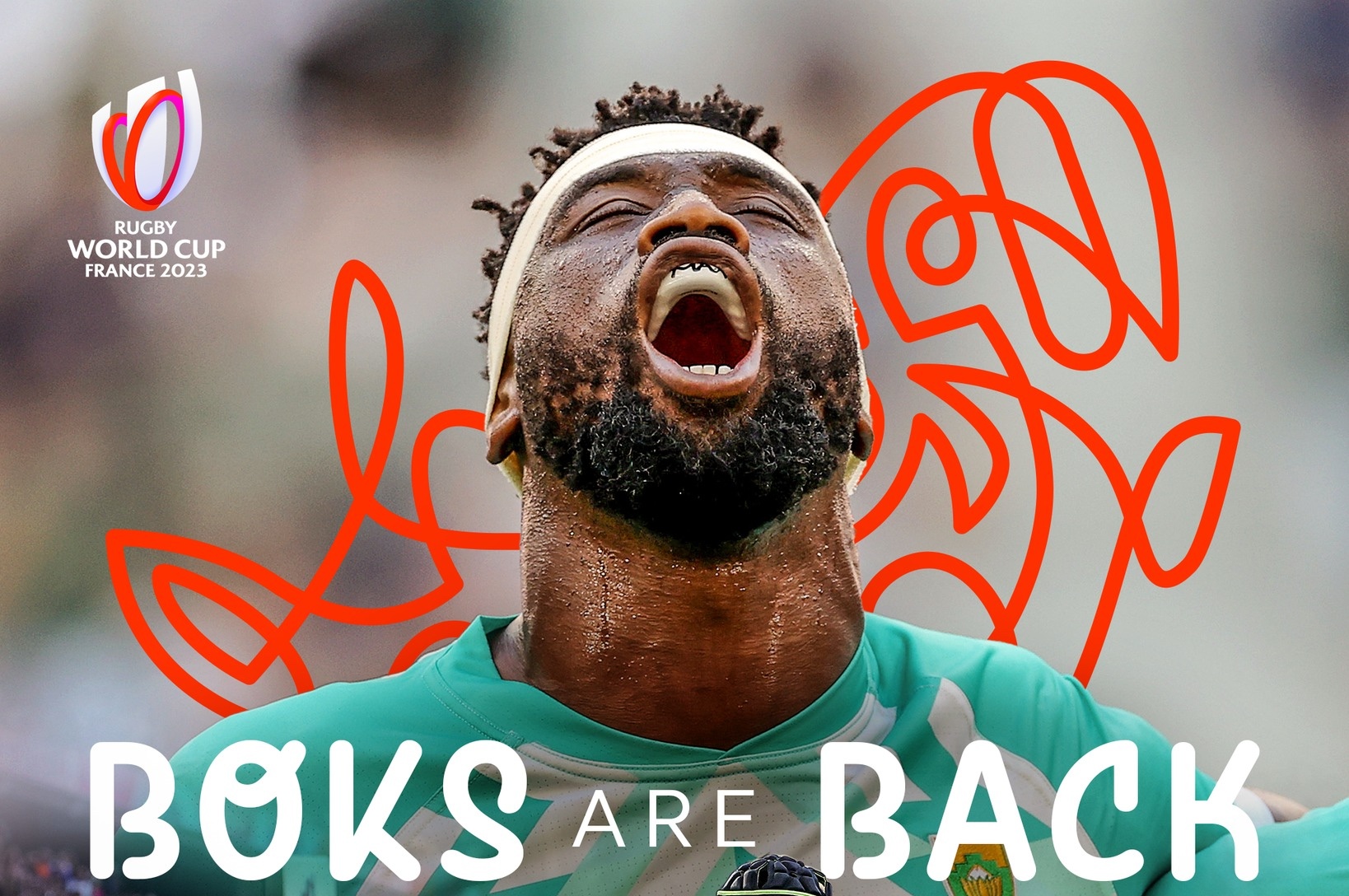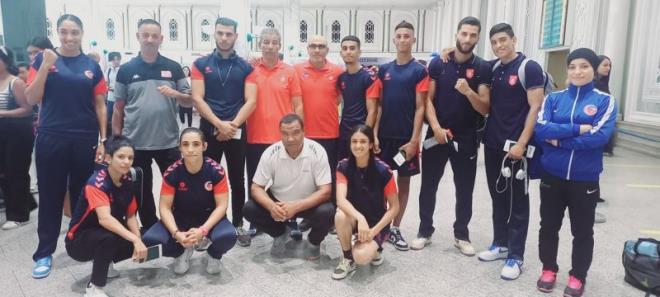
Real Madrid Star Vinicius Junior Testifies in Racist Attacks Investigation
Real Madrid forward Vinicius Junior appeared before a judge in Valencia on Thursday as part of an investigation into racist attacks directed at him during…

Real Madrid forward Vinicius Junior appeared before a judge in Valencia on Thursday as part of an investigation into racist attacks directed at him during…

In a groundbreaking announcement, FIFA revealed that the 2030 World Cup will be jointly hosted by Europe, Africa, and South America, with an added surprise—the…

Peres Jepchirchir, the Olympic champion, displayed the spirit of a true champion as she sprinted to victory in the women’s half marathon, leading a Kenyan…

England continued their dominance over Scotland with a comfortable 3-1 victory at Hampden Park in a friendly match to commemorate the 150th anniversary of their…

In a declaration of commitment to nurturing young sporting talents, Rwanda’s Director General in charge of Sports Development at the Ministry of Sports, Rwego Ngarambe,…

A devastating earthquake in Marrakech, Morocco, has had far-reaching consequences, including the postponement of a highly anticipated African Cup of Nations (AFCON) qualifier match between…

Nigerian weightlifter Ruth Ayodele etched her name in the annals of the sport by clinching three medals at the prestigious IWF World Championship held in…

The Springboks secured a statement-making win against Scotland at the Rugby World Cup. The match, which took place at Stade Vélodrome in France with temperatures…

The Super Eagles of Nigeria closed their Africa Cup of Nations qualifying series with a resounding 6-0 triumph over São Tomé and Príncipe. The match,…

The stage is set, the stakes are high, and Tunisia’s national boxing team is gearing up for an intense battle at the Boxing Africa Qualifier,…
Support the growth of our platform by purchasing our merch.
When artistes submit their music on our website, we encourage their audience to engage with these submissions by using the like or dislike buttons. These ratings play a key role in helping us identify high-quality content that resonates with our listeners. Our dedicated team carefully considers user ratings and preferences, handpicking exceptional submissions for special recognition. The rating system operates through the use of browser cookies, making these ratings unique to individual browser users. This means that each user's likes and dislikes are stored in their browser's cookies, allowing us to gather accurate and personalised feedback. As part of our commitment to supporting talent, we occasionally offer free unbiased airplay to these chosen artistes. This opportunity allows them to reach a wider audience and gain valuable exposure within the music scene. By tapping into the power of our listeners' ratings, we aim to create a community-driven platform that uplifts and celebrates the best in music.